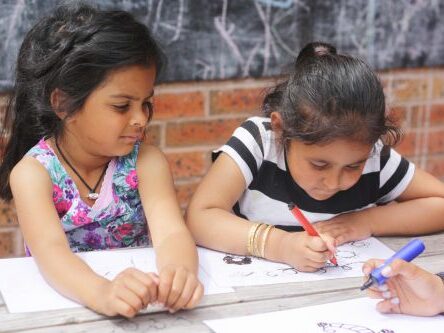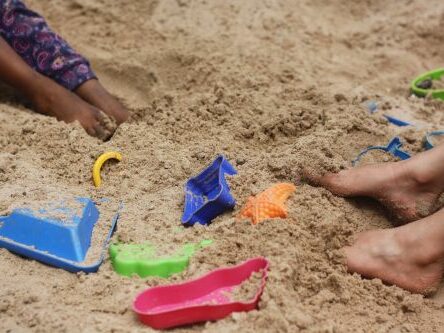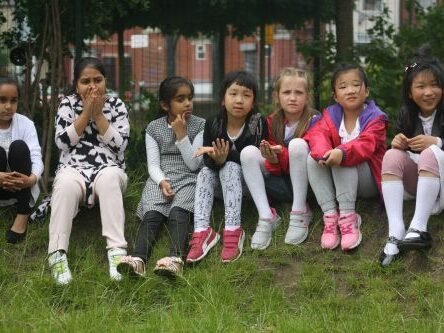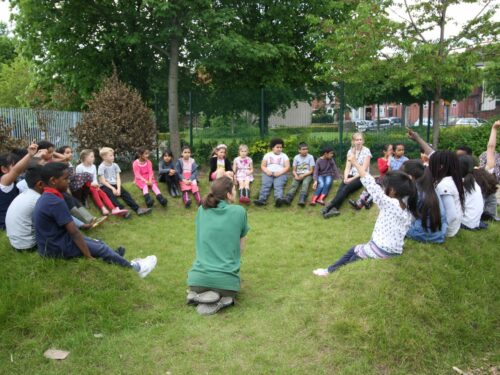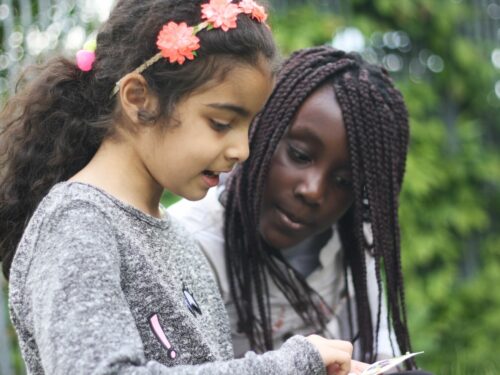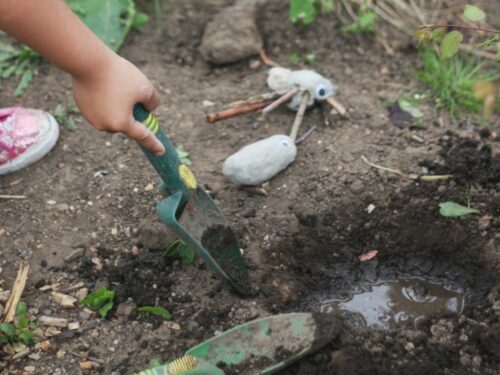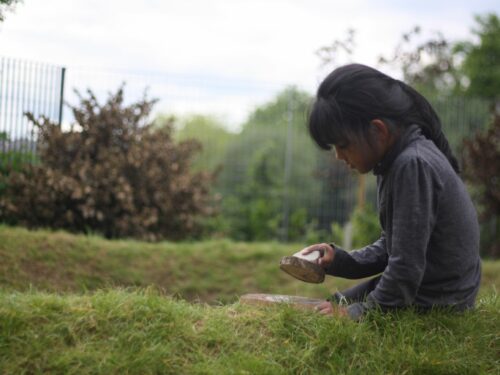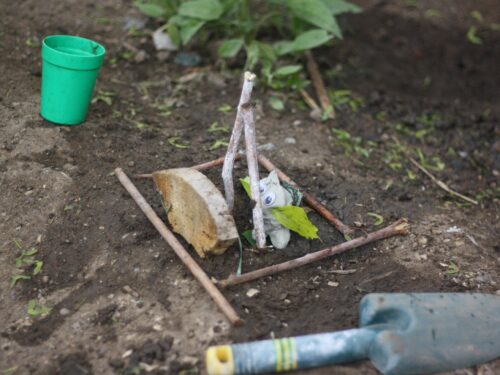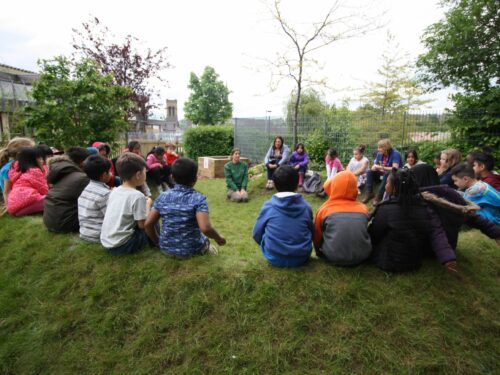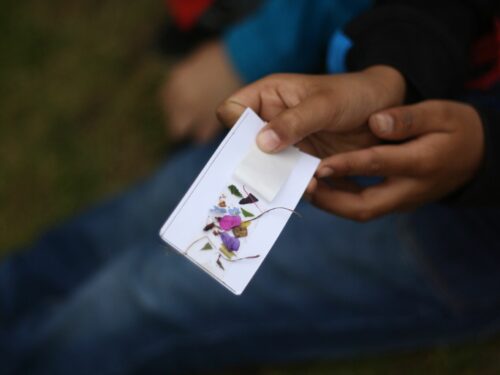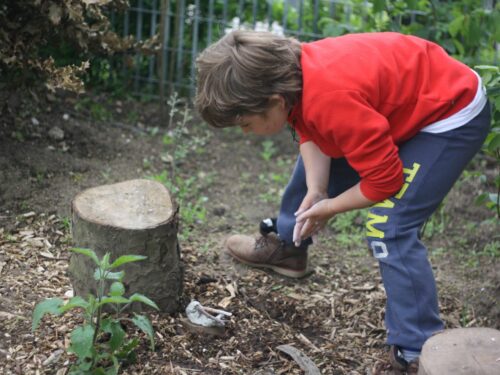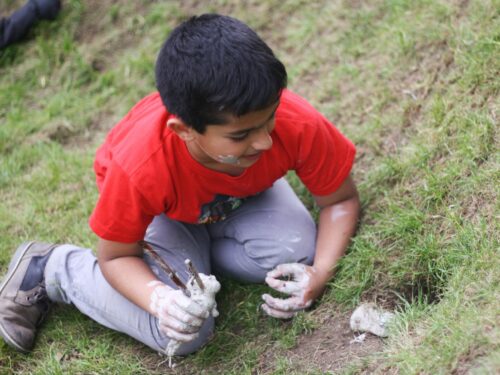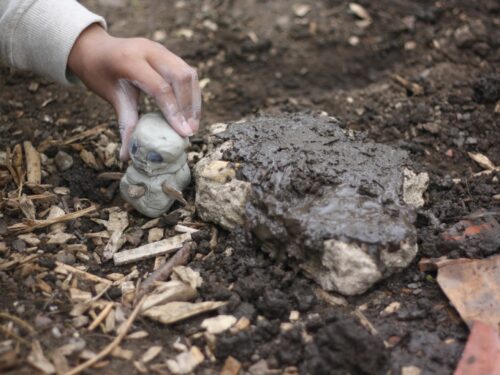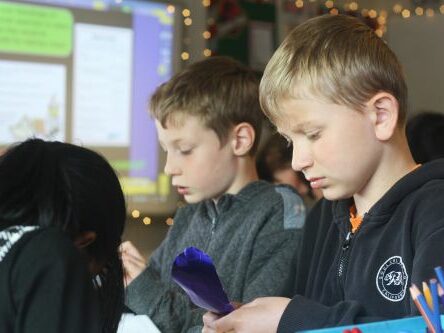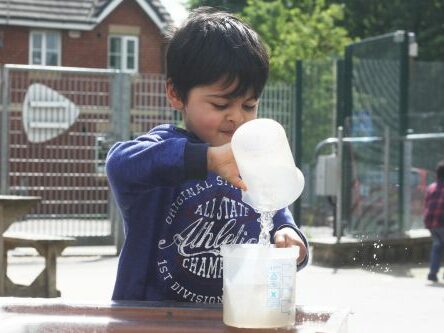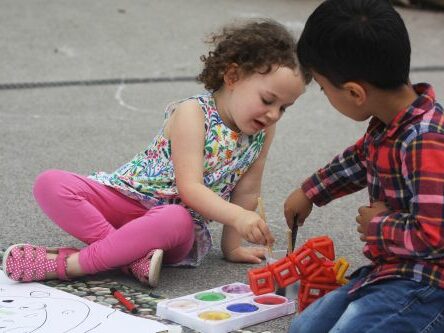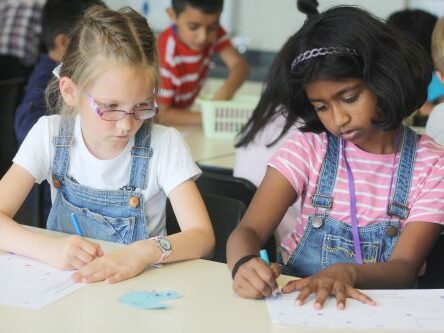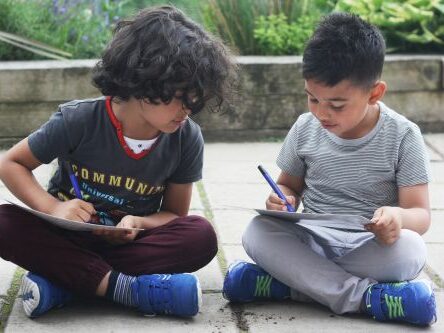At Sharrow School children are taught history in an exciting, fun and engaging way, as part of a rich and broad curriculum. We try to help children make sense of the present and the past and to appreciate the complexity and diversity of human societies and development. Our aim is for children to leave Y6 with a good understanding of local and British history as well as knowledge of history in the wider world and, most importantly, the ability to think analytically when presented with information from a range of sources – to know that not everything they are presented with is fact and to be confident in questioning and interpreting stories and evidence. After all, these are life skills.
Trips, drama, first hand story-telling, high quality resources, immersion days and art underpin all teaching to ensure it is fun and exciting and to help abstract concepts become more real and relatable. We teach history in this integrated way, whenever appropriate, to encourage children to make links and connections and to deepen their knowledge and understanding of the world they live in. Key themes will be revisited through different topics throughout their time at Sharrow school with links made explicit to the children to enable them to deepen their understanding and enquire at a higher level as they grow. The use of clear, visual timelines helps to strengthen the children’s sense of chronology as they see where different topics are placed in history with time comparisons being made clear by teachers as well as consequences of Historical events and/or periods.
We must make sure our children don’t leave school thinking of history as a boring subject, taught by a boring teacher which has nothing to do with them (like most of us did!) We need to make children feel that they are part of history and history is about everyone, to spark their curiosity and questioning and to empower them with the skills to interpret their world.
At Sharrow School we believe that Geography helps to provoke and provide answers to questions about the natural and human aspects of the world.
Children will be encouraged to develop a greater understanding and knowledge of the world, as well as their place in it and how it relates to them. The geography curriculum at Sharrow School will enable children to develop knowledge and skills that are transferable to other curriculum areas and which can and are used to promote their spiritual, moral, social and cultural development.
Geography develops an understanding of concepts, knowledge and skills. We seek to inspire in children a curiosity and fascination about the world and its people which will remain with them for the rest of their lives; to promote the children’s interest and understanding of diverse places, people, resources and natural and human environments, together with a deep understanding of the Earth’s key physical and human processes. We will do this this through practical work and field trips.
The curriculum is designed to develop knowledge and skills that are progressive, as well as transferable, throughout their time at Sharrow School and also to their further education and beyond.
“I can” statements – HISTORY
| I can … | Year 1 | Year 2 | Year3 | Year 4 | Year 5 | Year 6 |
| Time | Know and use the concepts of yesterday, last week, last year | Locate the 12th century and 1600 on a 1mm-1year timeline. | Order key medical developments and place on a timeline | Order key events & developments of Industrial Change in Sheffield and UK | Place key events from topics on 3000BCE to 2000CE timeline | Place key events in the settlement of Britain on 3000BCE to 800CE timeline |
| Place key events on a simple timeline of their lives. e.g. When were they in Nursery? | Know that the further we go back in time, the more different life was | Evaluate which key medical development over the past 200 years has had the most impact | Make a 1mm to 1 year timeline to show the history of Ancient Greece & Sheffield | Recognise the difference between fact, history & conjecture | Research sources and present findings “Did King Arthur exist?” | |
| Everyday Life | Know that when there were Dinosaurs, there were no people. | Describe & contrast aspects of everyday medieval life | Describe what life was like for children in Sheffield in 1930s to 1950s | Research and present an aspect of everyday life in Ancient Greece | Describe how rulers have used religion to support their power & justify their actions: Babylonian Kings, Abbasid Caliphs, Montezuma, Kings of Spain, Donald Trump | Compare an aspect of life in Roman, Saxon & Viking Britain |
| Look at old photos of Sharrow and describe what is different | Look at a theme and compare with today: disease, medicine, poverty etc | Describe a day in the life of a 1940s Sheffield child. | Identify key similarities & differences between life in an Ancient Greek city and Sheffield today | Analyse how the English language reflects the history of settlement in Britain | ||
| Sources & Evidence | Know that photographs and people’s memories can help us learn about the past | Recognise the importance of Samuel Pepys’s diary for our understanding of the Great Fire | Look at old photographs and footage of Sheffield and identify things that have changed | Evaluate the writings of Ancient Greeks. What can we learn from them? | Read primary written sources – what do they tell us about life in Ancient Mesopotamia? | Evaluate the writings of Bede and Tacitus. How much can we trust them? |
| Explain how fossils help us learn about dinosaurs. | Visit a castle & recognise there are limits to what we can know about life in the past | Visit Bishop’s House and explain how we can use artefacts to help us understand the past | Consider bias in the writings of ancient Greeks. How might this affect what they say? | Explain why written history is often about the lives of the rich and powerful | Explain the problems of understanding the past without any written sources | |
| Historical Change | Describe the life of a famous explorer or Pirate. | Know the importance of the life of Nelson Mandela & the struggle against apartheid | Describe the life and work of Florence Nightingale & Mary Seacole | Evaluate the importance of the work of Lord Shaftesbury | Research & present an analysis of the effects of the Civil Rights Movement in USA | Evaluate the importance of the work of Charles Darwin to our understanding of the world |
“I can” statements – GEOGRAPHY
| I can … | Year 1 | Year 2 | Year3 | Year 4 | Year 5 | Year 6 |
| Map Skills | Recognise that people use maps to find things | Draw a map of my journey to school | Map a small area of Sheffield using simple symbols and keys | Use different maps of Sheffield to locate places and map journeys [inc. Ordnance Survey] | Use lines of latitude and longitude to locate places. | Use detailed physical maps to explain settlement of England [10,000 BCE to 800AD] |
| Read a pirate map and work out where the treasure is. | Read a simple map of the journey from Sheffield to Filey | Use fieldwork to observe human activity and record/present findings | Observe and collate data to “zone” an area on a map of Sheffield. | Recognise and use time-zones and identify the Greenwich meridian | Use 6 figure grid references on Ordnance Survey maps to locate positions | |
| Locational Knowledge | Give directions using “left/right/near/far /forwards/backwards” | Use simple compass directions. | Locate and Name the Four Nations of the UK and locate major cities on a map | Locate and name the key countries of Europe | Identify the countries, major cities and key physical features of North America | Locate and name the key geographical features of the UK |
| Know the names of some of the oceans and continents | Locate England on a map of Europe & describe its position | Map how food is transported from where it is grown to markets [local and worldwide] | Explain how the local geographical features contributed to Industrialisation. | Explain how climate changes at different lines of latitude | Use scales to calculate distances on different maps of the UK | |
| Physical Geography | Know that some places on earth are very different from Sheffield and describe some key differences. | Compare and contrast a location with Sheffield. | Recognise different world climate zones and how they impact on agriculture | Explain why there are so many volcanoes and earthquakes around Greece | Describe features of & locate deserts. Explain the water cycle | Identify the role rivers played in settlement and the natural barriers to expansion of peoples. |
| Describe the weather and predict the weather in different seasons | As above using some key geographical vocabulary: coast, cliff, valley, mountain etc. | Explain the importance of rainfall and the implications of global warming on agriculture | Measure, compare and contrast the weather pattern of Sheffield and Greece. | Explain the importance of irrigation and water conservation schemes in Ancient Iraq and the Western US | Explain the importance of the North Sea & English Channel as route for settlement, trade, ideas | |
| Human Geography | Name and describe key features of Sheffield as a city | Compare & contrast the buildings and jobs of people in Sharrow with the countryside | Describe the land use around Sheffield and explain the importance of farmland. | Compare and contrast the geography and human activity of Yorkshire and Crete. | Compare and contrast Baghdad and New York as centres of world trade & culture | Explain how human activity since the end of the Ice Age has shaped the land. |
| Link human activities to key places in Sheffield: hospital, supermarket, school, station etc | Explain why there are differences e.g. Why are no big supermarkets in Castleton? | Recognise the importance of a healthy and prosperous countryside to the nation’s well-being | Explain how the natural resources & geography of Crete and Sheffield have influenced their history | Explain how climate and vegetation belts influence human activity and economies | Analyse place names around the Sheffield area to map historical settlement. |

